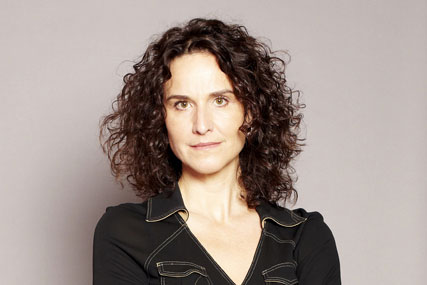When your grandmother bought a table, she got a table. When you buy a table you get a sheet of laminated chipboard, four legs, a bag of screws and a page of hieroglyphics. What you also get are lower prices, in relative terms, than your grandmother ever paid. Your IKEA Vika Amon dining table will cost you just £28. Plus a weekend, of course.
There's the trade-off. That seductively low price-tag is contingent on your preparedness to work the final shift on the production line for nothing. Entrepreneur Sir Stelios Haji-Ioannou gave this arrangement a name: outsourcing to the consumer. He practised it with his easyCar rental business, which offered attractive rates as long as customers cleaned the car before bringing it back. Canny outsourcing is how it might look on the supply side. From the customer perspective, it can look increasingly like slave labour.
The trend has been a while in the making, but it's accelerating now. Petrol brands were early adopters, turning service stations into no-service stations in the late 60s. Today, supermarkets have adopted the practice, coaxing customers to check out their own loaded trolleys. Meanwhile, anyone booking a holiday will probably need one after negotiating the Byzantine booking algorithms of the low-cost airlines - taking care to print their boarding passes before heading to the airport. Never mind the minimum wage - the going rate for customer labour is £0 per hour, and it's often hard to reconcile the modest savings with the time spent achieving them.
A consumer backlash is coming, and it may not be too far off. The emergency budget on 22 June is forecast to hit middle-income families particularly hard. These are people who are already time-constrained, usually with both parents juggling the conflicting demands of work and home.
For many, putting in extra hours at work might be the only way to make ends meet. That is a practical factor, but there is an emotional one, too. With the government taking greater advantage of people's labour, there will be more resentment toward others drawing unreasonably from the same well. That includes brands - possibly yours.
There is a potential upside. Advantage will go to the brands that find ways to keep prices low but also respect consumers' time, streamlining processes and minimising customer workloads.
Marketers taking that challenge seriously will find two academic tools to help. The more recent is Lean Consumption, a discipline championed by US authors James P Womack and Daniel T Jones. It plots consumption as a process, embracing everything from initial product consideration to eventual disposal, and offers a six-point framework to help businesses minimise the customer burden at each step.
A classic, but neglected tool is Service Mapping, from Harvard's Professor James L Heskett; it exposes service loops and inefficiencies, and graphically highlights those stages that customers perceive as having little value.
An even more fundamental step is simply to break the habit of valuing your customers' time at zero. Brands that fail to take that step, and instead continue to trumpet low prices are guilty of sleight of hand.
Average life expectancy in the UK is about 950 months. No one in their right mind wants to spend many of those washing rental cars, booking airline seats, scanning supermarket goods and assembling their IKEA Vika Amon.
Helen Edwards has a PhD in marketing, an MBA from London Business School and is a partner at Passionbrand, where she works with some of the world's biggest advertisers
30 SECONDS ON ... EVERYDAY BRANDS THAT RESPECT CUSTOMERS' TIME
- Staples broke with retail convention by moving its most frequently purchased items - paper and printer-ink - from the rear of the store to the front. Initially it resulted in reduced turnover, as shorter journeys into the store meant fewer impulse purchases. In the longer term it gave depth to the brand promise to make life easier for customers.
- PayPal makes online payment simple, saving customer time by remembering and safeguarding all bank, credit or debit card details.
- In February this year, DPD became the first courier company to provide a one-hour delivery slot, finally putting an end to those 'sorry we missed you' cards. A survey by Opinion Matters found that 87% of us spend about four days a year waiting at home for deliveries, and 80% have had to go to the depot to pick up a parcel.
- Amazon has an impressive ability to find out-of-print books that would otherwise take weeks to track down. The gift-wrap option and recommendations function also help the time-poor.


